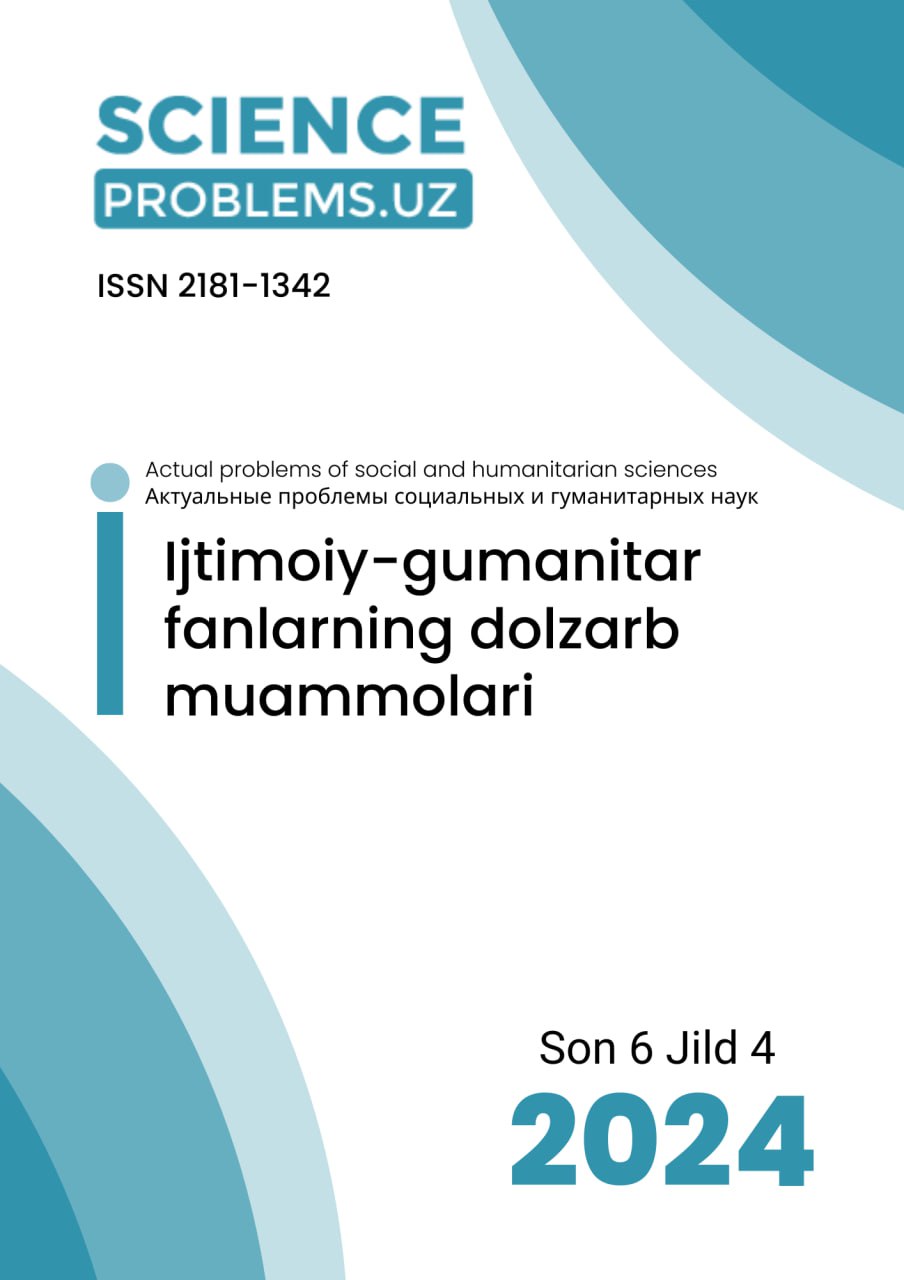РОЛЬ ПРАГМАТИЧЕСКИХ КОМПЕТЕНЦИЙ В ИЗУЧЕНИИ ЯЗЫКА И КОММУНИКАТИВНОМ ПРОЦЕССЕ
DOI:
https://doi.org/10.47390/SPR1342V4I6Y2024N98Ключевые слова:
прагматика, речь, развитие прагматической компетентности, модернизация, коммуникативность, образовательный процесс, оценка качества образования, основная цель обучения языку.Аннотация
В статье представлены идеи по формированию у студентов прагматических компетенций и понимания ими сущности прагматики. Также выделены некоторые правила и идеи прагматики, чтобы лучше понять прагматику как как науку, так и как результат/следствие прагматической компетентности.
Библиографические ссылки
Carstens, Adelia. 2002. Speech act theory in support of idealized warning models. In Journal of southern African linguistics and applied language studies, October 2002, vol. 20, no. 4, pp. 191-200.
Cummings, L.(2005). Pragmatics: A Multidisciplinary Perspective. Edinburgh: Edinburgh University Press.
Cohen, A.D. (2012). Teaching pragmatics in the second language classroom. The European Journal of Applied Linguistics and TEFL, 1(1), 35-49. Retrieved April 29, 2015 from.
Abduramonov F, Mamajonov S. O‘zbek tili va adabiyoti. – Toshkent, 1995.
Hakimov M. O‘zbek pragmalingvistikasi asoslari. – Toshkent: Akademnashr, 2013
Safarov Sh. Pragmalingvistika. – Toshkent: O‘zbekiston milliy ensiklopediyasi, 2008
Арутюнова Н.Д., Падучева Е.В. Истоки, проблемы и категории прагматики. Вып. XVI. – М, 1985.
Колшанский Т.В. Соотношение субъективных и объективных факторов в языке. – М., 1975.








